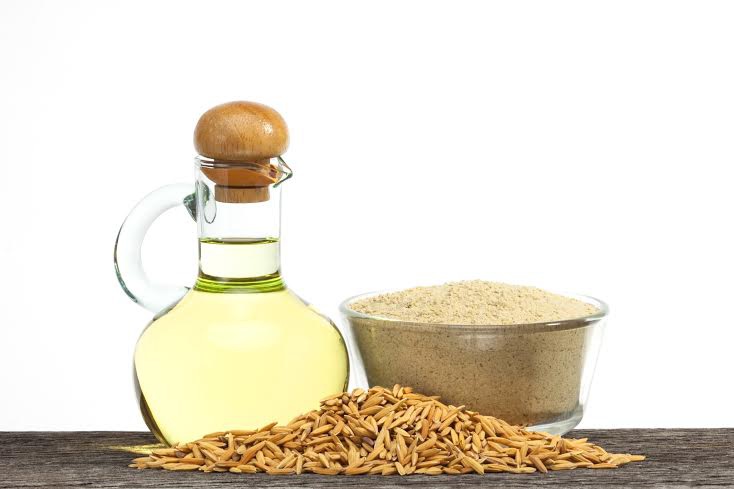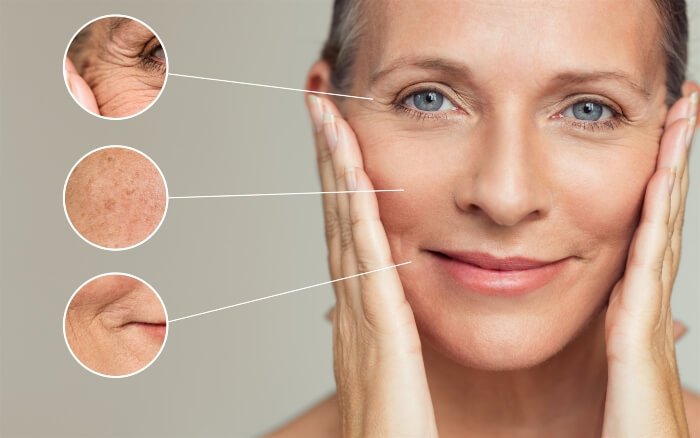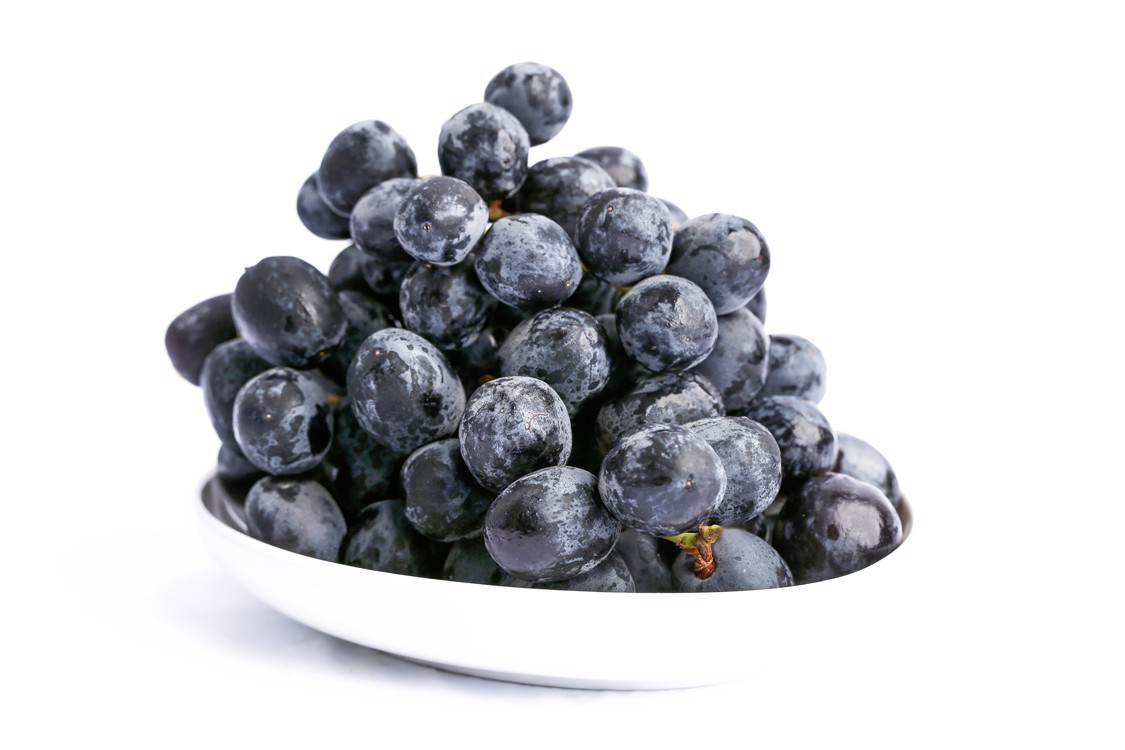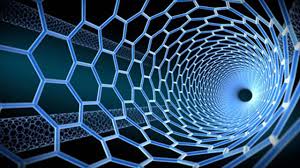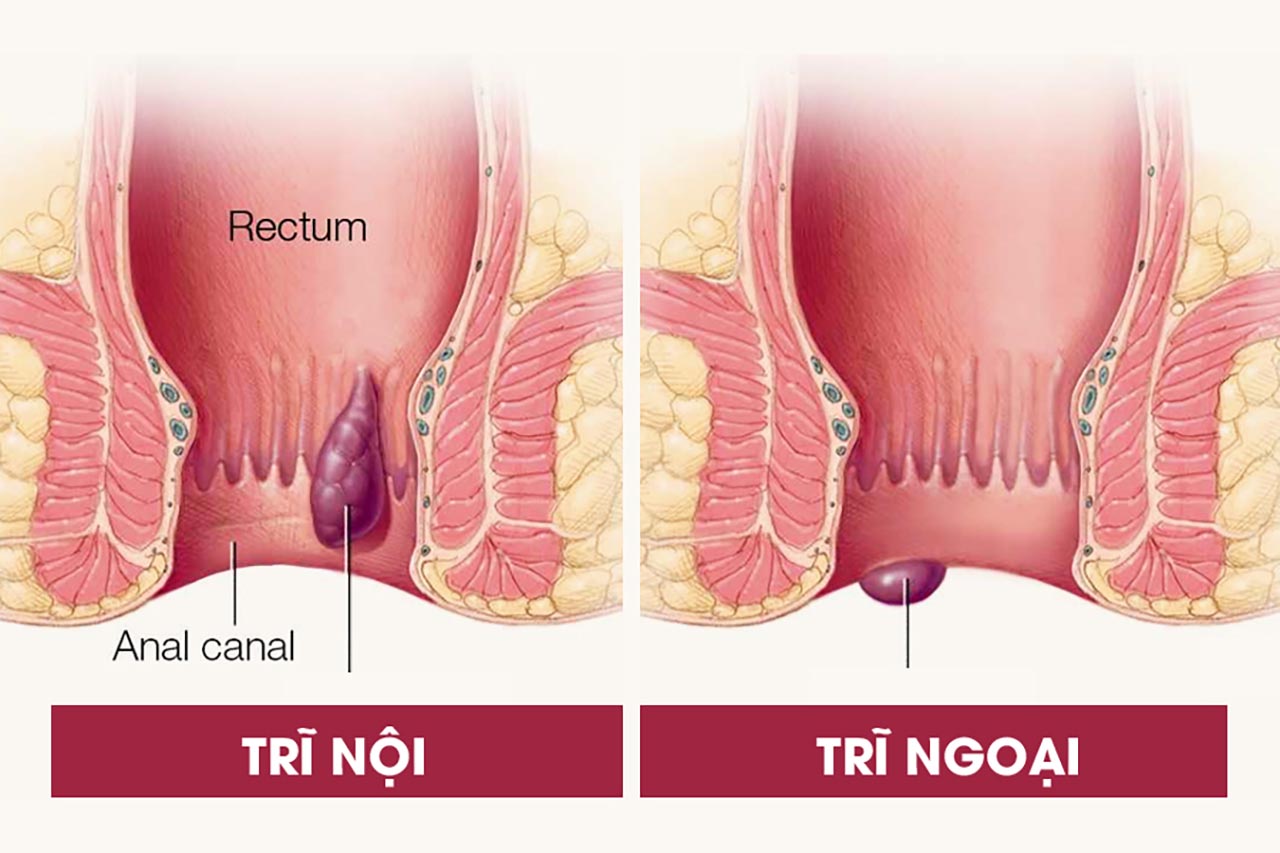Isoflavones is a powerful antioxidant compound, more than a thousand types of isoflavones from plants have been identified. But only a few of them have been shown to have great effects on our healing health. In which, it is impossible not to mention isoflavones derived from soybeans, also known as Soy Isoflavone.
The main ingredients in soy isoflavone are well known as Genistein, daidzein, glycitein, Formononetin and biochanin A which have the effect of preventing cardiovascular diseases, osteoporosis, cancer breast, prostate, perimenopausal symptoms…
The beneficial role of Soy Isoflavone
1.Soy Isoflavones and Phytohormones
Compared to oestradiol, the strongest human female sex hormone estrogen, the effect of plant phytoestrogens such as genistein is about 100 times weaker. Despite this, isoflavones still have a normal effect on estrogen status. Isoflavones can stimulate estrogen receptors to produce low levels of hormones useful during menopause and perimenopause.
2.Effect of Soy Isoflavone on premenstrual syndrome
A study involving 23 women with PMS found that taking soy protein, providing 68mg per day of soy isoflavones, significantly reduced headaches, breast tenderness, cramps, and swelling compared to placebo. medicine.
In Japan, one study involved 144 women. In female subjects well absorbed isoflavones (the ability to convert isoflavones to equol) were 2 to 3 times less likely to experience PMS symptoms than those who converted isoflavones to nonequol. >
3.Effect of Soy Isoflavone on perimenopausal syndrome
Soy Isoflavones are widely used to relieve hot flashes and chronic nighttime hot flashes in premenopausal and postmenopausal subjects.
Results from 16 studies, involving 1710 women, show that soy isoflavones can reduce hot flashes by more than 25.2% compared to placebo, an effect of about 45% as used. oestradiol overall and completely safe. However, soy isoflavones have a slower effect, taking at least 13 weeks to reach half of their maximum effects, compared with 3 weeks for oestradiol. But regular supplementation with soy isoflavones for a year or more will have a 48% effect up to 48 weeks, so be careful not to give up on them too soon.
4.Effects of Soy Isoflavones and benefits for heart disease
Soy Isoflavones may reduce the risk of coronary heart disease. As well as having antioxidant and anti-inflammatory effects, soy isoflavones interact with estrogen receptors in the blood to dilate coronary arteries, reduce arterial stiffness, lower blood pressure, and reduce platelet adhesion to prevent blood clots from forming. desire to form.
Also it can significantly reduce levels of LDL-cholesterol ‘bad cholesterol’ and triglycerides while significantly increasing HDL cholesterol ‘good cholesterol’. Results from 17 studies, involving more than 17,200 subjects with cardiovascular disease showed that regular Soy Isoflavone users were less likely to have a heart attack or stroke than subjects who didn’t. .
Despite numerous studies showing the amazing effects of soy isoflavones on perimenopausal women, a recent study of 61 Scottish men (ages 45 to 59) found that Using soy isoflavones for 5 weeks significantly reduced blood pressure and bad cholesterol compared to a placebo using olive oil. The researchers concluded that increasing soy isoflavones (at least 80mg) would be effective in reducing the risk of heart disease in middle-aged men at high risk.
5.Effect of Soy Isoflavone on osteoporosis
Isoflavones mimic the effects of natural estrogen on bone and, in theory, enhance the activity of osteoblasts, and decrease the activity of bone dissolving cells. Studies show that soy isoflavones increase bone mineral density by up to 54% in women taking doses above 75 mg per day.
Using soy isoflavones may help prevent osteoporosis after menopause.
6.Effect of Soy Isoflavone with memory improvement
Consumption of a high soy diet improved memory in healthy young college students (both male and female), postmenopausal women. In a study involving 33 postmenopausal women not taking hormone replacement therapy, those who took soy isoflavones for 12 weeks showed a significant improvement in memory-related problems compared with those who took a placebo. medicine.
7.Effect of Soy Isoflavone on prostate cancer
Soy Isoflavones may help men fight prostate cancer. Researchers have found that in at-risk male subjects, taking soy isoflavones reduced the risk of prostate cancer diagnosis 51%.
8.Effect of Soy Isoflavone on breast cancer
Results from 35 studies suggest that soy isoflavones have a protective effect against breast cancer for both premenopausal and postmenopausal women, but a stronger effect in Asian women may be related to the point of conversion to equol. In Asian countries, those using high soy isoflavones were 41% less likely to develop breast cancer than those using low levels for both premenopausal and postmenopausal women. For postmenopausal women in Western countries, soy isoflavones intake was associated with an 8% lower risk of breast cancer.
A study that followed nearly 2,000 breast cancer survivors for 6 years said that: Soy isoflavones consumed at levels comparable to those in Asia may reduce the risk of breast cancer recurrence in women. take tamoxifen.
Recommended Isoflavones Dose
The recommended dose of Soy isoflavones is 40mg to 100mg of isoflavones per day. For best results, a minimum dose of 75mg is recommended.
For products containing soy protein, 60g of soy protein provides approximately 45mg of isoflavones.








